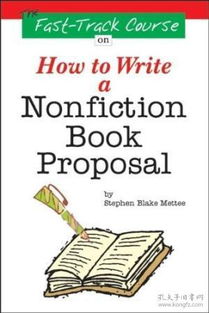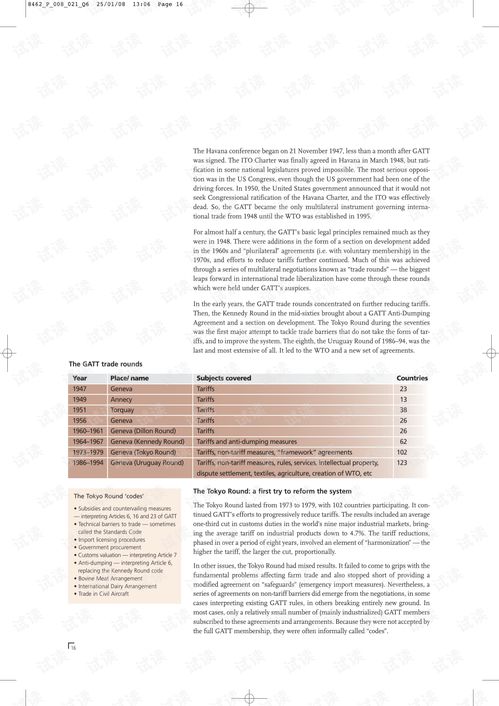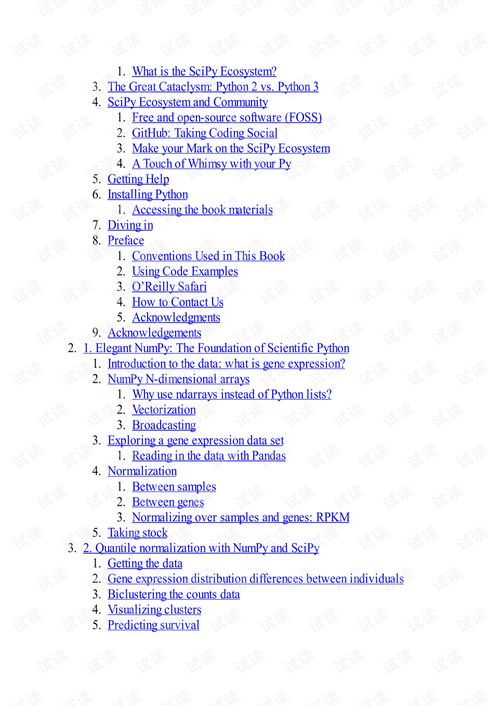Content:
Fishing is an ancient pastime that has been enjoyed by people of all ages for centuries. Whether you're a beginner or an experienced angler, there's always something new to learn about the art of fishing. In this article, we'll discuss the essential tips and techniques to help you learn how to fish like a pro.
Understand the Basics
Before you start fishing, it's important to understand the basics. This includes knowing the different types of fishing rods, reels, hooks, and bait. Familiarize yourself with the equipment you'll need and how to use it effectively.
Choose the Right Location
The best place to start fishing is in a location that's suitable for beginners. This could be a local lake, river, or even a community pond. Look for areas with a good reputation for catching fish, and be sure to check local regulations and fishing permits.

Learn the Basics of Casting
Casting is a fundamental skill in fishing. To learn how to cast effectively, start by practicing with a light lure or bait. Hold the rod with a comfortable grip, position your feet shoulder-width apart, and use a smooth, fluid motion to cast the line. Remember to keep your wrist relaxed and use your whole arm for power.
Master the Art of Baiting
Baiting is an essential skill for successful fishing. Learn how to properly attach bait to your hook, whether it's live bait, artificial lures, or a combination of both. Practice different techniques, such as the Carolina rig, Texas rig, or drop shot, to see which works best for the fish you're targeting.
Understand Fish Behavior
To become a skilled angler, it's important to understand the behavior of the fish you're targeting. Study the habits, preferences, and migration patterns of the species you're interested in catching. This knowledge will help you choose the right bait, lure, and fishing techniques.
Learn How to Read the Water
Reading the water is a crucial skill for successful fishing. Pay attention to the water's surface, currents, and vegetation. Look for signs of fish activity, such as splashes, bubbles, or schools of fish. This information will help you determine the best spots to cast your line.
Develop Patience and Persistence
Fishing requires patience and persistence. Don't get discouraged if you don't catch fish right away. Remember that fishing is a process, and it takes time to learn the techniques and develop a sense of timing. Keep practicing, and you'll eventually improve your skills.
Stay Safe
Safety should always be a priority when fishing. Always wear a life jacket if you're fishing from a boat, and be aware of your surroundings. Additionally, be mindful of other anglers and wildlife in the area. Follow local regulations and guidelines to ensure a safe and enjoyable experience.
Join a Fishing Club or Community
Connecting with other anglers can provide valuable insights and tips for improving your fishing skills. Joining a local fishing club or community can help you learn from experienced anglers, share knowledge, and make new friends who share your passion for fishing.
Keep Learning
The art of fishing is vast and ever-evolving. Keep learning about new techniques, equipment, and strategies. Attend fishing workshops, read fishing magazines, and watch instructional videos to stay up-to-date with the latest trends and techniques.
In conclusion, learning how to fish effectively requires patience, practice, and a willingness to learn. By understanding the basics, choosing the right location, mastering casting and baiting techniques, and developing an understanding of fish behavior, you'll be well on your way to becoming a skilled angler. Remember to stay safe, connect with other anglers, and keep learning to continue improving your fishing skills. Happy fishing!












